Coffee storage is a hot topic, and since there are many different opinions on the subject, we’ve decided to break it down!
Can You Store Coffee in the Refrigerator?
This is a common question, but the answer is no. While the fridge is great for storing food, it also traps and retains odors. That’s why many people put baking soda in their fridge—it helps absorb unwanted smells. These odors circulate and get absorbed by sensitive foods like coffee. In fact, used coffee grounds are sometimes used as a natural alternative to baking soda to neutralize fridge odors for the same reason!

Does Temperature Affect Coffee Storage?
Absolutely! Coffee is highly sensitive to both humidity and cold—it acts like a sponge! If stored in the fridge, coffee will absorb not only odors but also moisture. What’s even worse is repeatedly taking coffee in and out of the fridge. The constant temperature changes create condensation inside the container, which alters the coffee’s freshness. Just like most of us, coffee doesn’t like extreme temperature shifts!
Can You Store Coffee in the Freezer?
Freezing coffee is sometimes considered as an option if you need to store a large quantity for an extended period—such as when traveling or if you won’t be home for weeks. However, we don’t recommend it. While coffee isn’t technically perishable, it will eventually oxidize and lose its flavors. Freezing can slow down oxidation, but only if the temperature is low enough—which is rarely the case for standard home freezers.
Additionally, when coffee is removed from the freezer, condensation forms due to the temperature shock, negating any benefits of freezing. If you put the coffee back in the freezer, this condensation crystallizes inside the beans, affecting their quality.
For the best flavor, it’s always better to buy coffee in smaller quantities more frequently and store it at room temperature, away from light and moisture. Your pantry is the ideal storage place!
Does the Choice of Container Matter?
Yes! Many people underestimate the impact of the storage container on coffee quality. While there are plenty of aesthetically pleasing coffee jars on the market, what truly matters is airtightness. The container should block both air and light, as exposure to these elements accelerates coffee degradation.

Why Do Light and Air Affect Coffee?
Coffee is a delicate product—it’s all about chemistry! It contains volatile compounds that are sensitive to oxygen and light. When exposed, coffee undergoes oxidation, just like metal rusts when exposed to air. Over time, oxidation causes coffee to lose its flavor and aroma.

Whole Beans vs. Ground Coffee: Which Lasts Longer?
Whole bean coffee generally stays fresh longer than ground coffee due to oxidation. Once a bag of ground coffee is opened, it comes into direct contact with air, accelerating flavor loss. Whole beans, being larger, slow down this process.
- Ground coffee: Stays fresh for about one month if sealed and 1–2 weeks once opened.
- Whole beans: Stay fresh for several months if unopened and 1–2 months once opened.
To maintain peak freshness, choose smaller bags and buy coffee more frequently!
A little care goes a long way! Proper storage will keep your coffee fresher for longer, preserving its rich aroma and flavor.


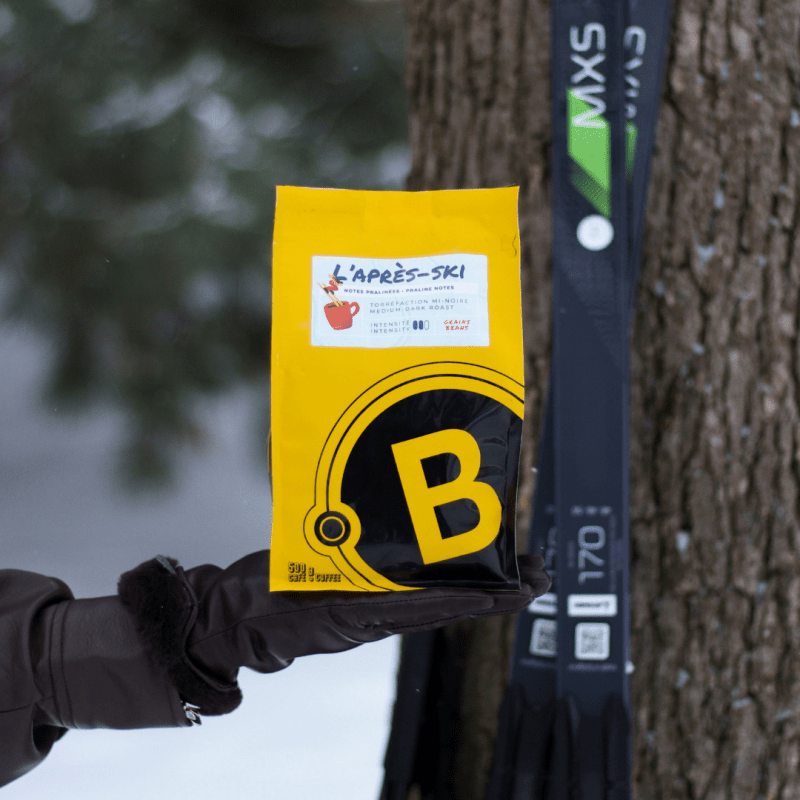
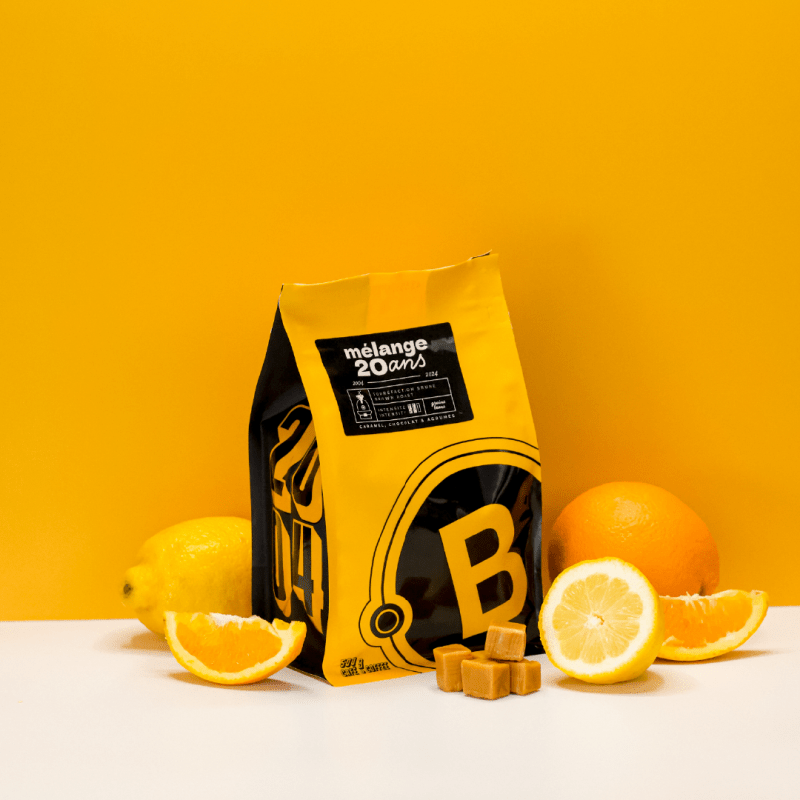


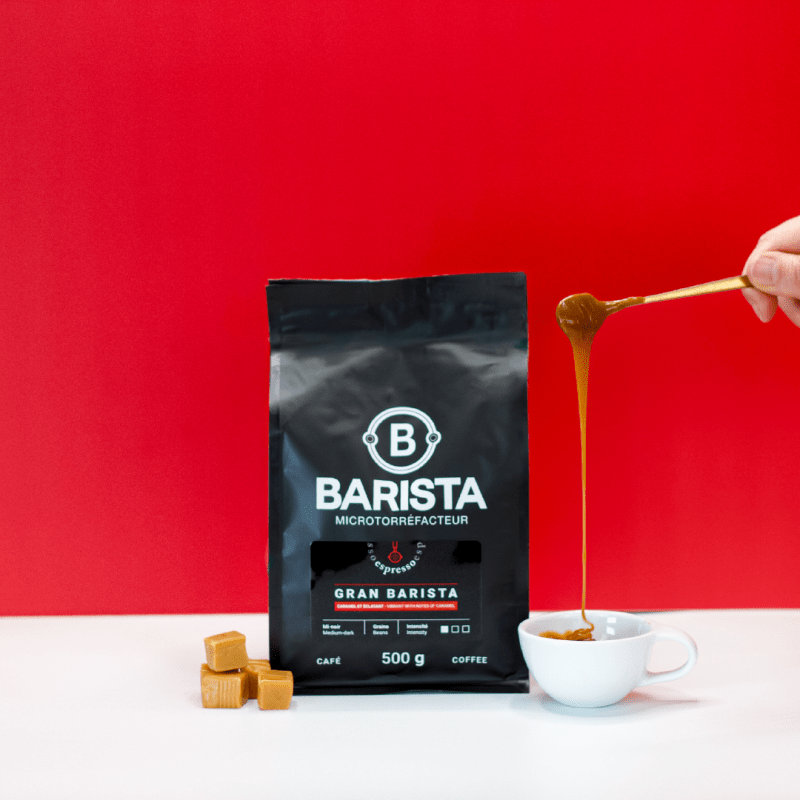
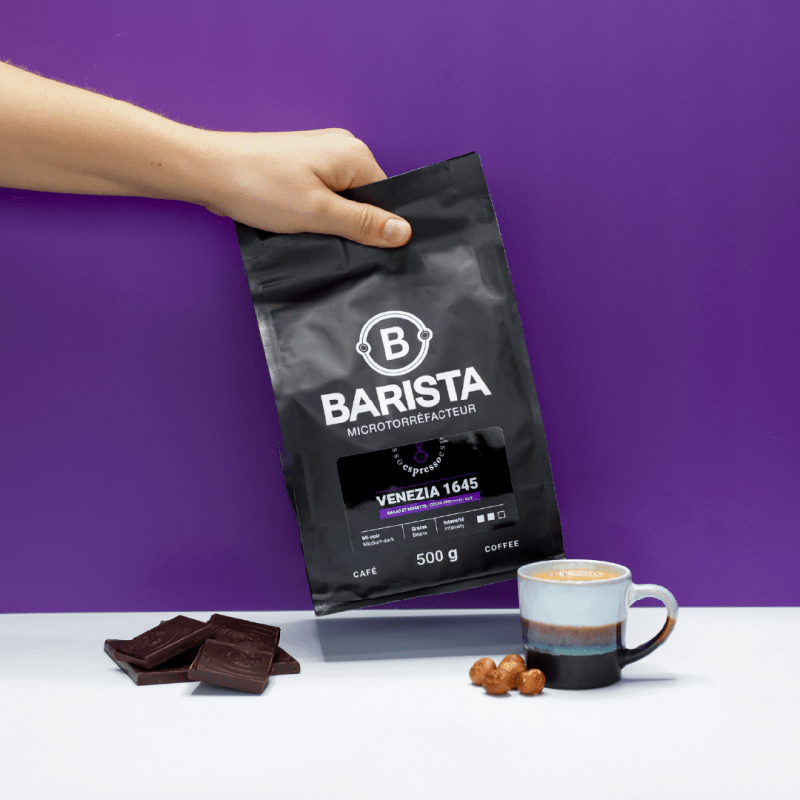
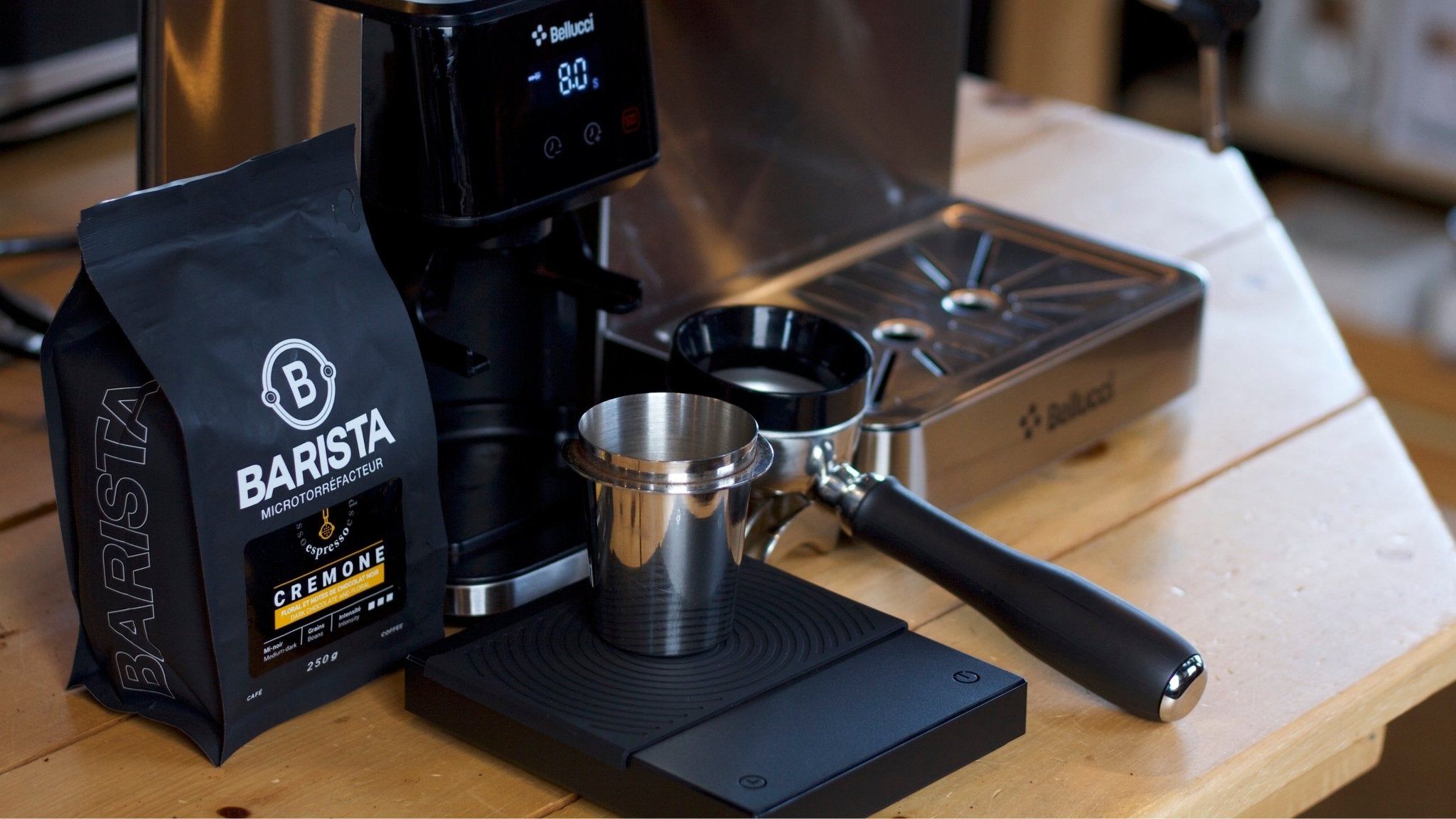

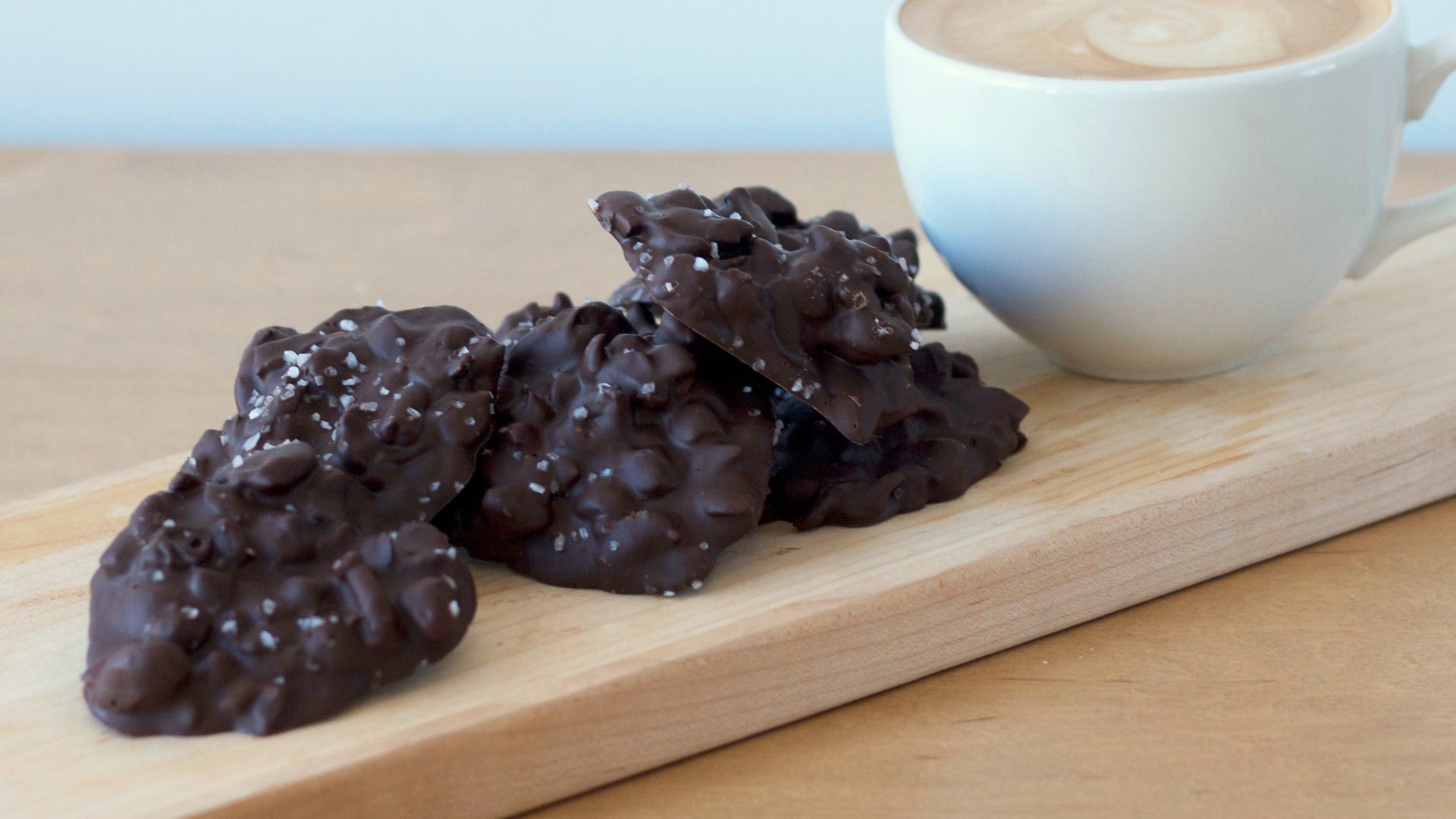
Share:
How to Make Cold Foam
Our caffeinated essentials for back-to-school survival